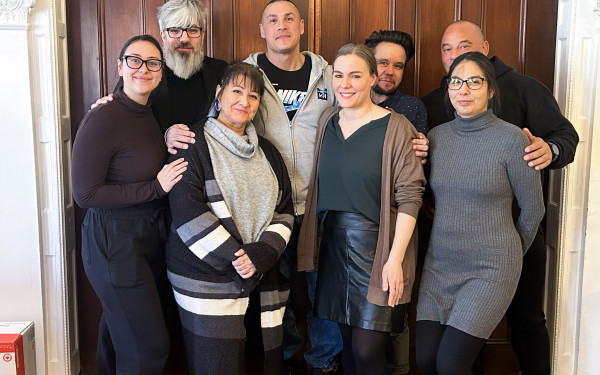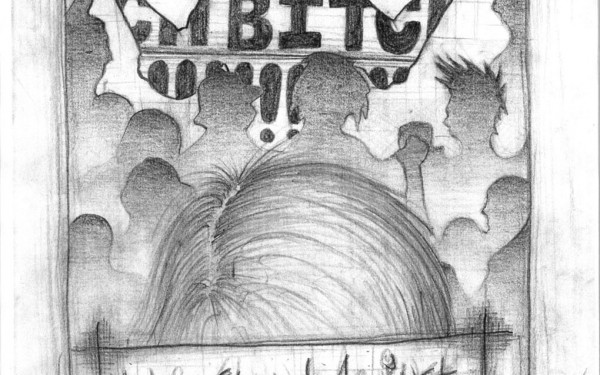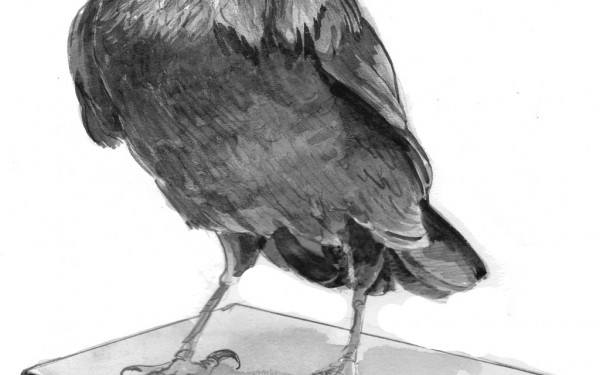Missing Justice Marches Against Violence
Montrealers took to Cabot Square yesterday to call for the return of federal funding to the Sisters in Spirit database of murdered and missing Aboriginal women, which remains in limbo after the Conservative government cut its funding.
Up to 3,000 indigenous women have gone missing or have been murdered in Canada since 1980. Spearheaded by the Native Women’s Association of Canada, Sisters in Spirit work toward raising awareness and compiling data about violence against Native women and girls.
The march was organized by over 86 communities across Canada, with one group coming from Nicaragua to attend the event.
“Sisters in Spirit are no longer just a project,” Maya Roblin-Ghanie, an event organizer from Missing Justice, said. “It has become something much larger.”
Despite their progress, Sisters in Spirit’s funding was reallocated to initiatives they believe are not suited to their community’s needs.
In November of 2010 it was announced that the $10 million that had been promised to address the issue of missing and murdered Native women would not go to Sisters in Spirit. Instead, the funding would go towards the creation of a new police support centre for missing persons, along with promised amendments to the Criminal Code.
“We know that justice will not come about with the new coercive measures established by the state, or with an increase of police presence or with changes to a civil code. That only increases the criminalization of indigenous people,” said Karine Gentelet, a Mapuche woman representing Amnesty International.
“Programs that help and support the victims are tyrannized and the communities are left to their own devices.”
Sisters in Spirit have come out to say how the budget cuts to their organization have severed their “ability to focus on resolving the epidemic of violence that threatens aboriginal women.”
“The struggle for dignity of woman and young indigenous woman in Canada, the struggle against violence and discrimination, is also the struggle of our Mapuche sisters […] in Chile,” said Gentelet. “The Mapuche women send their indigenous sisters in Canada a sisterly embrace in solidarity and say to them that they’re not alone.
“Abuse, violence, racism and discrimination have the same name here in Quebec as they do in Chile and of all the countries of this large, indigenous America,” Gentelet continued.
“How many indigenous sisters have to disappear or be murdered so that society brings about
justice?”
This article originally appeared in Volume 31, Issue 23, published February 15, 2011.

__900_600_90.jpg)
_600_832_s.png)




__600_375_90_s_c1.jpg)